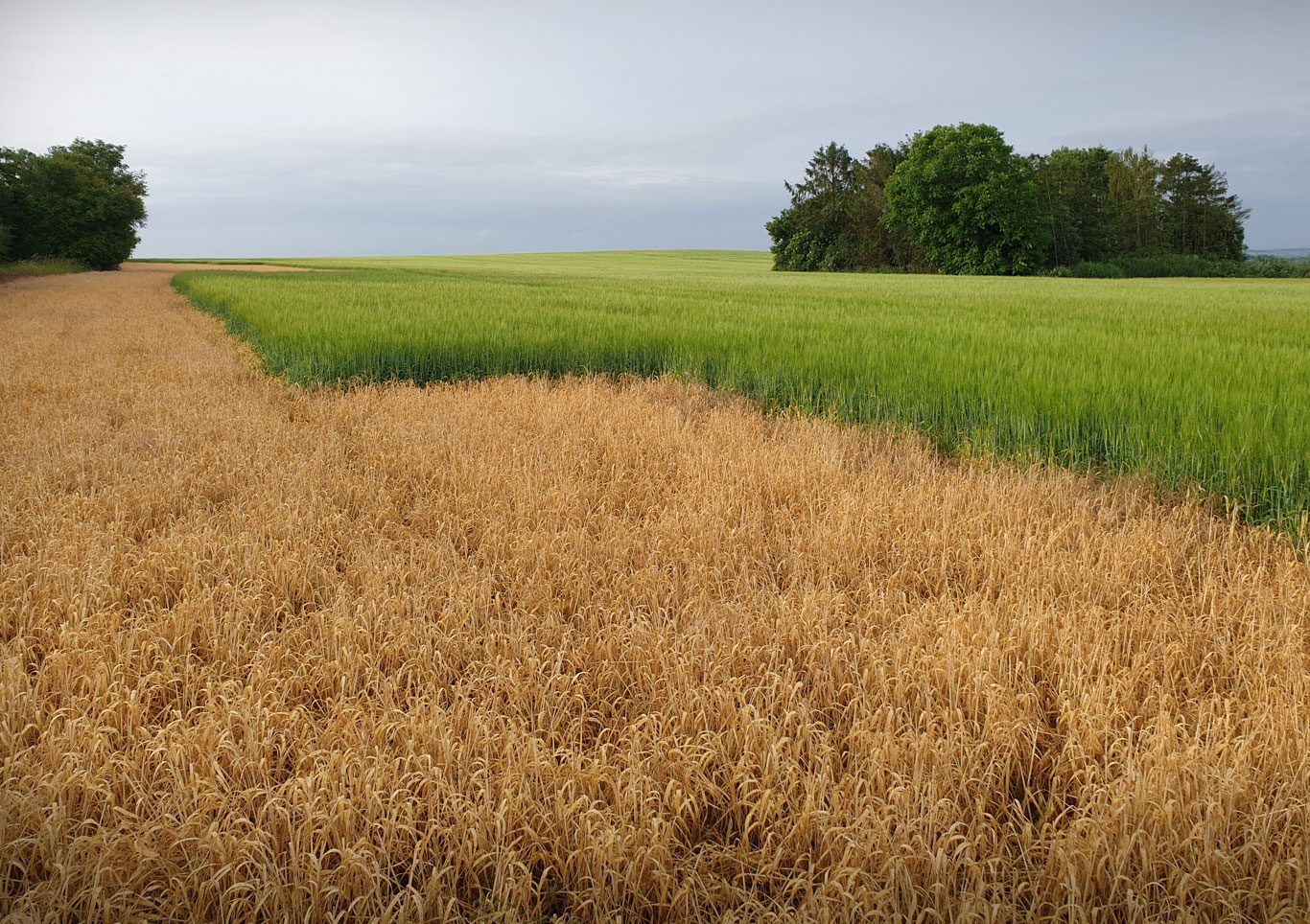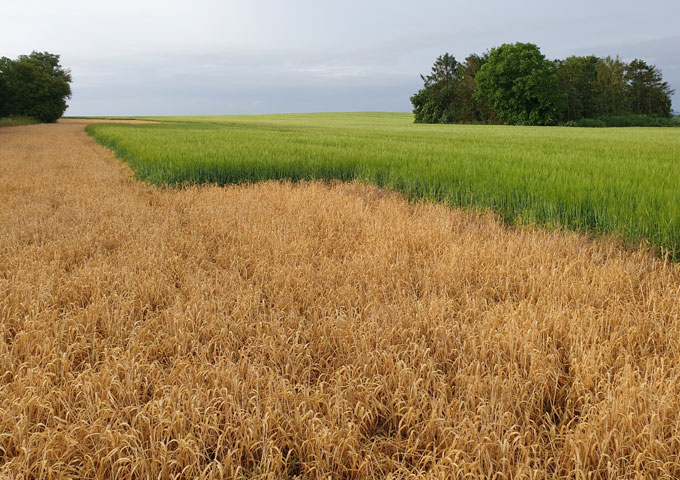Cambridge office
Glasgow office

Applied Ecology was appointed by Axis Land Partnerships to provide an ecology and biodiversity expert witness at an appeal inquiry held for a retirement care village development proposal on Green Belt agricultural land on the edge of Stapleford in Cambridgeshire.
The appeal (ref APP/W0530/W/21/3280395) was allowed and planning permission for the development granted by the Planning Inspectorate having been previously refused planning permission by South Cambridgeshire District Council. A number of issues of contention about the development proposal were raised at the appeal inquiry including whether any harm caused by the development would be clearly outweighed by other considerations so as to amount to very special circumstances required to justify the proposal.
The development was shown to deliver seven categories of benefit, one of which was enhanced beneficial use of Green Belt through the provision of a new countryside park on former arable land. Applied Ecology successfully argued that the new country park would deliver significant biodiversity enhancement and recreational benefits including: increasing the chalk grassland resource in this part of Cambridgeshire by 18.7%; delivering a significant Biodiversity Net Gain (BNG) as measured using the latest DEFRA BNG metric calculator; and increasing ecological connectivity and resilience of nearby chalk grassland wildlife sites. The planning inspector agreed that the proposed country park would deliver clear and significant biodiversity and recreational benefits to which he gave substantial planning weight in making his decision to allow the appeal.


